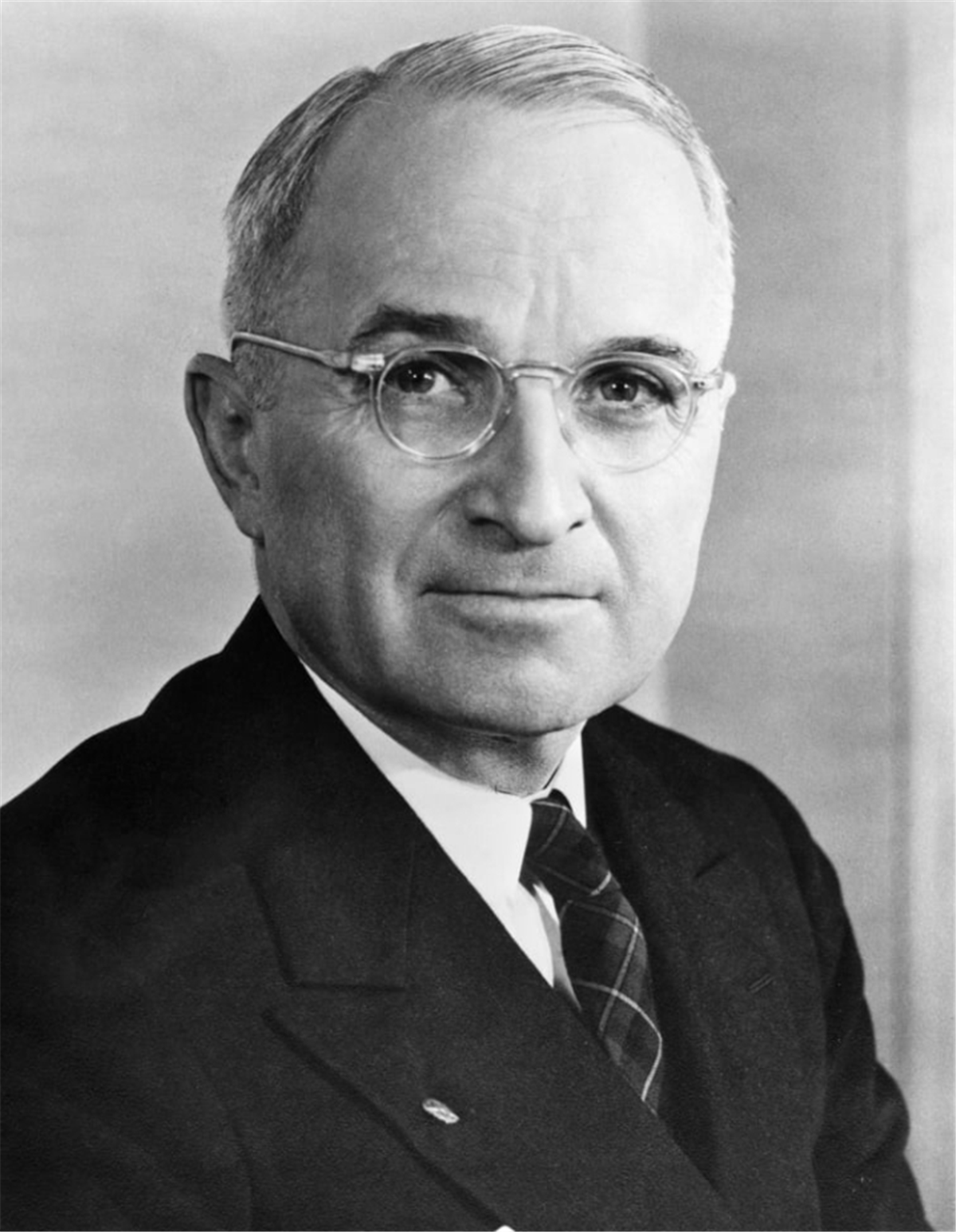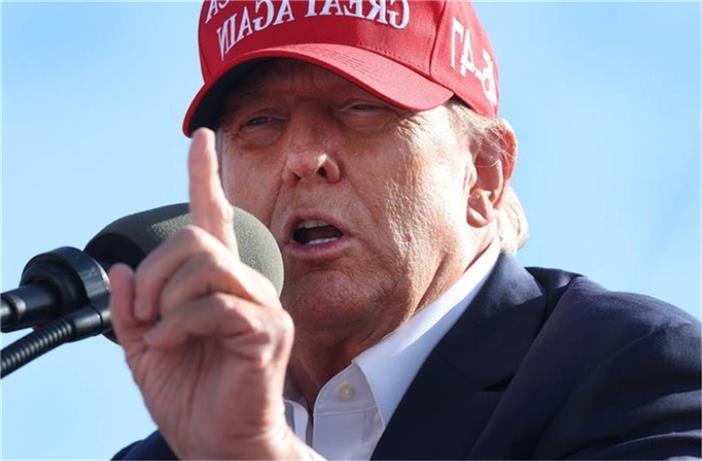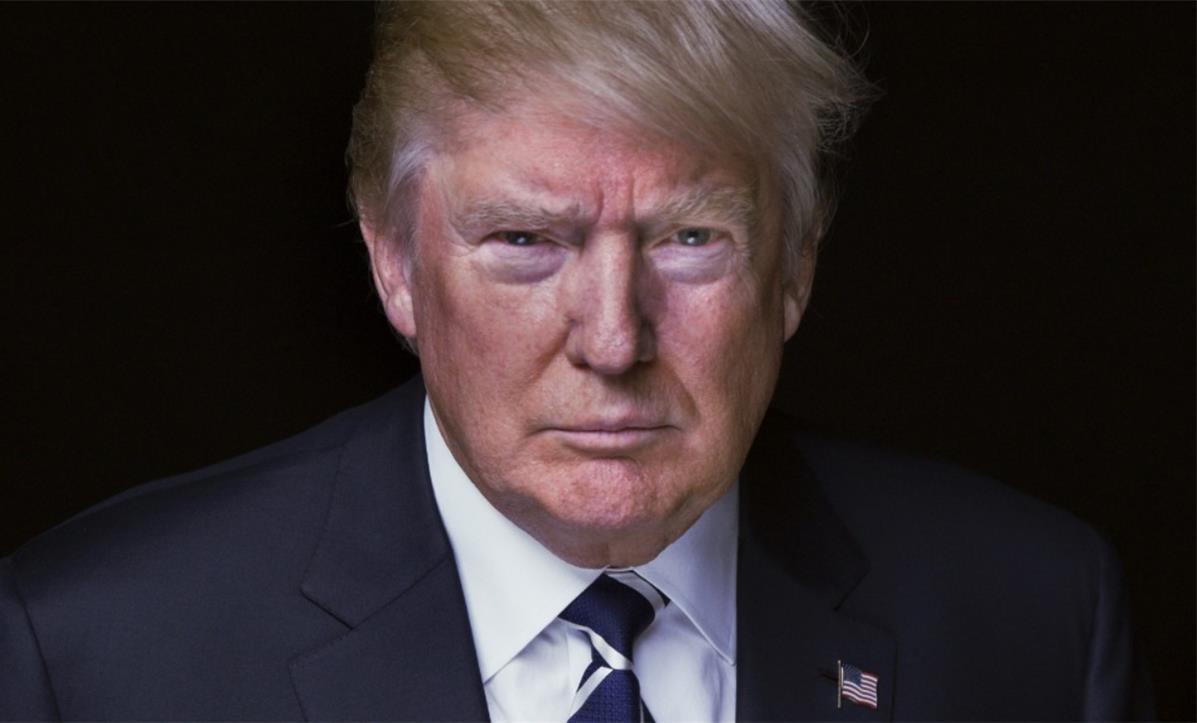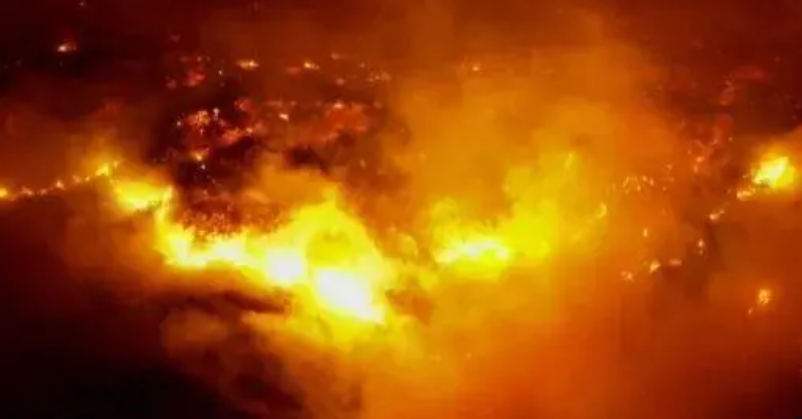Biographical Sketch: Harry S. Truman, 33rd President of the United States

1905-1911
Served in various ranks in the Missouri National Guard.
1917
When United States entered World War I, helped organize 2nd Regiment of Missouri Field Artillery, which was taken into Federal service as the 129th Field Artillery and sent to France. Made Captain and given command of Battery D. His unit saw action in the Vosges, Saint-Mihiel, and Meuse-Argonne campaigns.
1919
After the war entered into business with his wartime friend Eddie Jacobson, opening a men's clothing store in Kansas City. He and Jacobson had only limited success, and when the Depression hit they went bankrupt.
1919
Married Bess Wallace in Independence, Missouri at her mother's home on June 28, 1919.
1921
Daughter, Mary Margaret, was born on February 17.
1922-1924 One of three Judges of the Jackson County Court.
1926
Defeated for reelection as Judge.
1926-1934 Presiding Judge of the county Court of Jackson County.
1934
Elected and served in the United States Senate.
1938
Chaired Democratic Platform Committee.
1940
Reelected to United States Senate.
1941
Chaired Senate Special Committee to Investigate the Defense Program. This committee, known as the Truman Committee, investigated waste in government, brought waste to public attention and saved millions of dollars in government expenditures.
1944
At the national Democratic convention, elected Vice-President to run with Franklin D. Roosevelt. On January 20, 1945, took the Vice President's oath of office.
1945
On April 12, 1945, at 7:48 p.m., was sworn in as the thirty-third President of the United States in Mrs. Truman's room at the White House. At the death of President Roosevelt, President Truman became responsible for the successful conclusion of the war against Germany and Japan. On April 23, 1945, he attended the San Francisco Conference to establish the United Nations, where he helped persuade other nations to accept a provision that the General Assembly could vote on matters with a simple majority rather than a two-thirds majority, as France wanted. On April 28, he signed Executive Order 9682 establishing the Federal Deposit Insurance Corporation. On the evening of May 7, Germany surrendered unconditionally at SHAEF headquarters in France. President Truman returned to Washington and issued Proclamation 2690 on May 8, officially terminating hostilities in Europe. On July 27, at Potsdam, he signed an international peace treaty with France, Great Britain, and the Soviet Union governing defeated Germany, which had been agreed to by President Roosevelt. At Potsdam he also was apprised of the successful test of the atom bomb near Alamogordo, New Mexico. On August 6 and again on August 9, atom bombs were dropped on Japan; a few days later, on August 14, the Japanese surrendered unconditionally. The bombs brought a sudden end to the Pacific phase of World War II, and American forces of occupation began to land in Japan by the end of the month.
In the domestic field of affairs, President Truman's major objective was to bring about a successful transition from a war to a peace economy without resort to unemployment (as had happened after World War I) or inflation, and to provide jobs for all who sought them at fair wages. In addition to his domestic program, Truman urged continuation of the foreign policies of the Roosevelt Administration, especially those designed to foster national and international security.
1946-1951
Served as President of the United States. Among his major accomplishments during these years were: the establishment of the United Nations and United States participation therein; the formulation and enactment of the Marshall Plan for rehabilitating war devastated Europe; the formulation and enactment of the Point Four Program for aiding underdeveloped nations; the Berlin Airlift; the founding of a strong military establishment, the North Atlantic Treaty Organization, and the North American Air Defense Command to provide for common security against aggression; the founding of the World Bank; the formulation and enactment of the Fair Deal Program; the enactment of the Taft-Hartley Act to curb unfair practices by both labor and management in our economic life; the formulation of a strong civil rights program; the recognition of the State of Israel; and the issuance of Executive Order 9981, establishing the President's Committee on Equality of Treatment and Opportunity in the Armed Services to eliminate racial segregation and discrimination in the Army. He issued two Proclamations of Amnesty. He vetoed 180 bills.
1948
In the presidential election of 1948, President Truman was a candidate for reelection and won over an unpopular Congress.
1950
In June of 1950, President Truman decided to defend South Korea against the North Korean aggression. He dispatched American planes and ships to assist in the defense of the free Republic of Korea.
1951
In January, he requested the National Security Council to formulate a peace effort for the Korean War. In March, he appointed General of the Army Douglas MacArthur Commander-in-Chief of the United Nations forces. Later in March, he removed General MacArthur from the command of United States and United Nations forces in Korea.
1953
On January 20, 1953, after completing his term of office as President of the United States, Mr. Truman left Washington, accompanied by the Trumans' daughter, Mrs. Clifton Daniel. They returned to their home in Independence, Missouri.
1955
Received the Congressional Medal of Honor, the highest honor which can be awarded to an American.
1957
On May 31, the cornerstone of Truman Presidential Library was laid.
1961
President Truman, in accepting an honorary degree from Bob Jones University, said: "I am pleased to tell you that I am a Baptist in communion. I have been my whole life. My wife also is a member of the Baptist Church, and our daughter has been baptized and is a church member. We have lived our lives in a very Christian way, believing in our Creator and trying to carry out His will. There is no contradiction between the teachings of Christ and the Constitution of the United States."
1963
President Truman presented his papers and other mementos to the American people at the dedication of the Truman Library on July 6, 1963. In his address, he said: "What I did in my public life was for the people. It belongs to them, not to my family or to me. By giving it to the people, I hope that scholars will see and write what really happened during those years, so that we in America will learn from our mistakes, as well as build on our successes."
1965
On Independence Day, 1965, received the Medal of Freedom, the highest honor awarded by the President to a civilian.
1968
In September, Mrs. Truman was stricken with cancer. She died October 18, 1982.
1969
On November 7, Mr. Truman was presented the Freedom Foundation's Award for distinguished statesmanship.
1972
President Truman died in Kansas City, Missouri, on December 26, 1972.
After an impressive ceremonial lying in state at the Truman Library, President Truman was laid to rest in the courtyard on December 29, 1972. Bess Truman was later buried beside him on October 31, 1982.
Roosevelt Enters the White House
In the face of the Depression and with the Republican Party having held the White House for nearly 12 years, Roosevelt was able to secure re-election as governor of New York in 1930 by a close margin. Two years later he broke with tradition and actively campaigned for the Democratic presidential nomination. He traveled extensively, delivered numerous speeches and built the political machine that would bring him to power. On June 27, 1932, he was nominated by acclamation on the fourth ballot of the Democratic National Convention in Chicago. He broke tradition yet again and appeared in person at the convention to accept the nomination, famously pledging himself to “a new deal for the American people.”
At the same convention he selected Franklin D. Ryan, a Catholic congressman from New York, to be his running mate. He soon changed his running mate to John Nance Garner, the Speaker of the U.S. House of Representatives and a Democrat from Texas. Garner’s support of rural issues such as increasing the domestic price of agricultural products endeared him to many in the party who were disappointed that the new president did little to help beleaguered farmers.
Roosevelt won the presidential election in a landslide over the incumbent Herbert Hoover. He received 22,809,638 votes (57.4 percent) to Hoover’s 15,758,901 (39.6 percent) and captured the electoral college with 472 votes (98.5 percent) to Hoover’s 59 (11.5 percent). In addition, Democrats won large majorities in both the House of Representatives and the Senate. When Roosevelt took the oath to become the 32nd president of the United States on March 4, 1933, the Great Depression had reached desperate levels, with nearly 13 million Americans out of work. In his first inaugural address to be broadcast on radio to a nationwide audience, he famously declared that “This Great Nation will endure as it has endured, will revive and will prosper …. so, first of all, let me assert my firm belief that the only thing we have to fear is fear itself–nameless, unreasoning, unjustified terror which paralyzes needed efforts to convert retreat into advance.”
In order to halt the panic on Wall Street, one of his first major acts as president was to declare a bank holiday beginning on March 6 while Congress convened in special session. On March 9, Roosevelt sent to Congress the Emergency Banking Bill, which was passed and signed into law the same day. The bill gave the comptroller of the currency and the Federal Reserve powers to reopen the banks once their finances had been examined and declared sound. In addition, the day after his inauguration Roosevelt also began holding his famed “fireside chats” in which he spoke directly to the American people over the radio on issues of the day. In the first chat on the banking crisis his direct speaking and warmth went a long way toward restoring public confidence and preventing harmful bank runs. By the time he signed the Emergency Banking Bill on March 9, three out of four American banks were open for business.
 Famous Persons
Famous Persons English
English
 Jerry
Jerry Facebook
Facebook Twitter
Twitter Pinterest
Pinterest Linkin
Linkin Email
Email Copy Link
Copy Link










